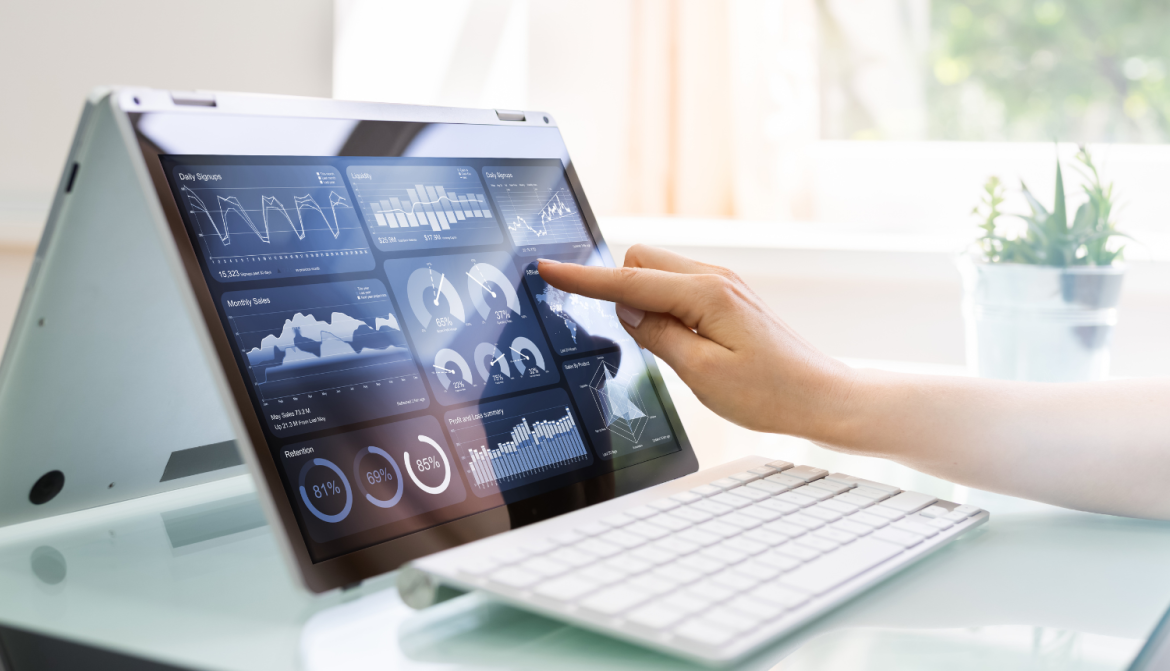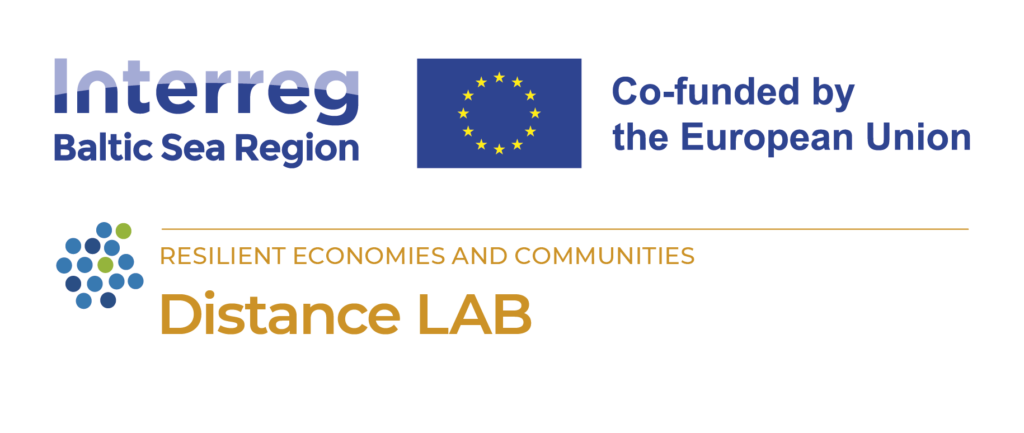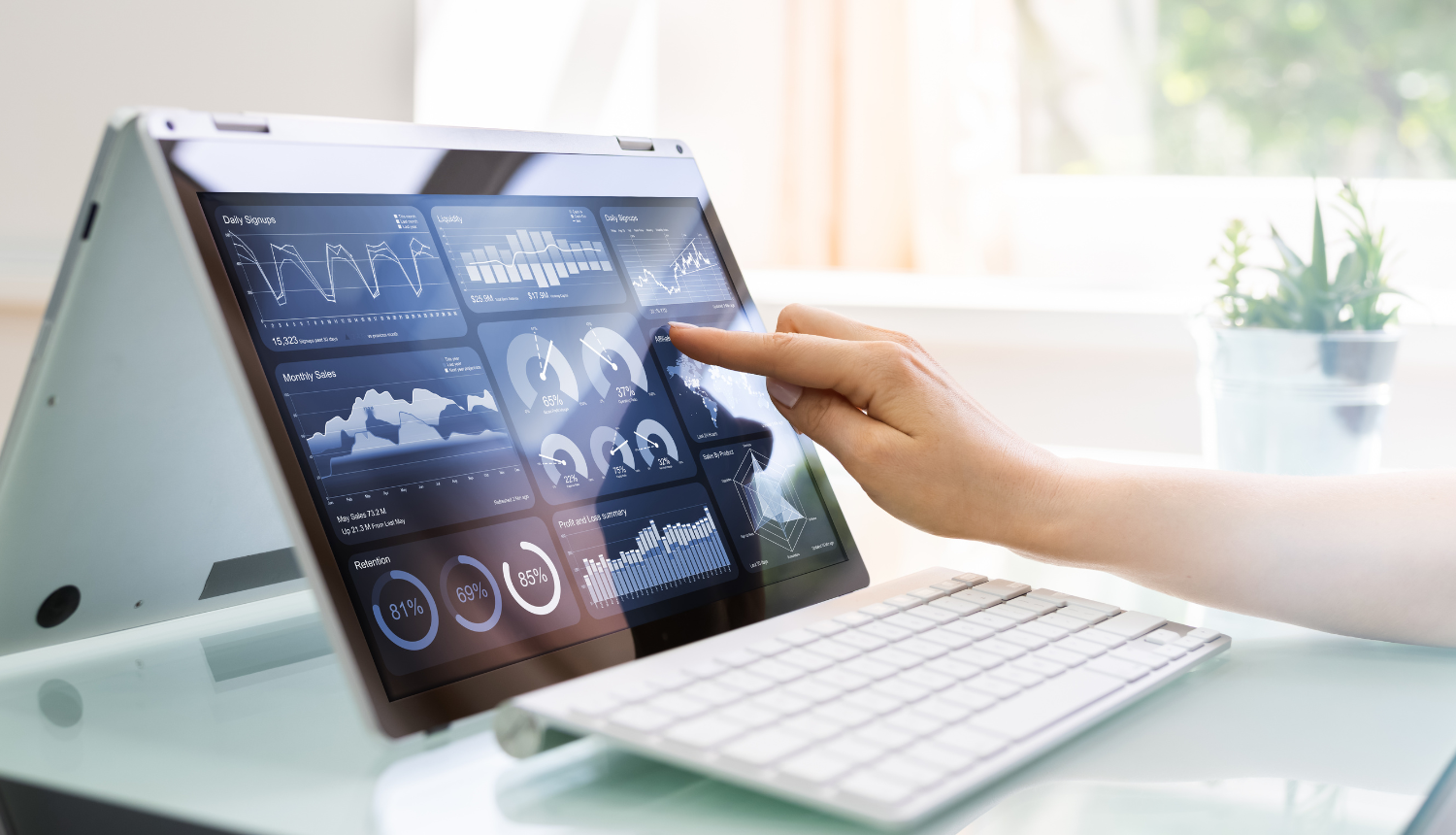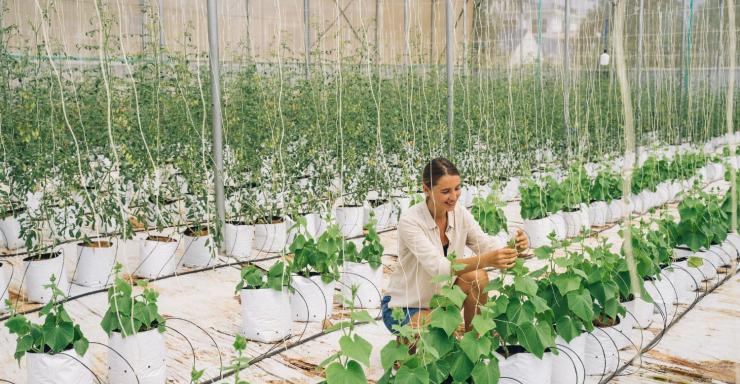In early June, the free digital platform of the project “DistanceLAB” was launched, in which the Academic Centre for European and Society Development Studies of the Faculty of Economics and Social Sciences (FESS) of the University of Latvia (UL) participated, developing a tool for distance learning opportunities and skills development. A network of eight living laboratories has also been established under the leadership of UL researchers.

The new digital tools platform offers a wide range of innovative tools for anyone to use. The launch of this platform was also accompanied by the launch of the International Multidisciplinary Living Lab Network, which now includes eight living labs in the project partner countries.
The DistanceLAB online platform tools are designed to help both government, non-governmental and business organisations access online services in areas of interest. The distance learning opportunities and skills development tool, created by researchers at the UL FESS, helps find information about online training offers, mainly related to the digitalisation and innovation needs of companies.
The DistanceLAB platform provides free tools for developing innovations and organising networking events, which enable organisations to build closer connections, encourage innovation and thrive in a remote work environment.
- The Distance Soft Interaction Skills tool allows individuals and teams to self-assess and improve their remote communication skills, facilitating more effective virtual collaboration.
- The Networking Methods tool offers small and medium-sized businesses and startups practical approaches to enhance their communication strategies and innovation processes.
- The Open Innovation through Business Lab offers a structured workshop format for generating shared ideas on specific challenges. It is a method for creating collaborative solutions in distributed teams.
- The Remote Learning Opportunities & Skills Fulfilment tool is a guide to various online learning courses and platforms.
DistanceLAB's offerings also include tools for business development and strategic growth to support strategic development in remote and hybrid work environments, helping organisations plan, adapt, and grow.
- Customer Relationship Building provides strategies for small and medium-sized businesses and public institutions to maintain customer relationships remotely.
- Cybersecurity Toolbox offers a clear framework for strengthening digital security.
- The Digitalisation Strategy Model helps organisations effectively integrate digital solutions.
- Employee Satisfaction Tool provides real-time recommendations for team morale and cohesion to support internal development.
- Remote Recruitment Start Kit facilitates the onboarding and integration of new employees into remote teams.
- Business Internationalisation Enhancement helps companies identify and evaluate new global opportunities in a structured manner.
To help organisations reconcile remote work with environmental responsibility, DistanceLAB offers tools for sustainable development and green initiatives to promote sustainable thinking and practice.
- The Design for Sustainability tool helps companies create more sustainable models, products and operations using a modular self-reflective approach.
- The Eco-Digital-Check tool supports service-oriented SMEs by assessing and improving both their environmental impact and digital performance, promoting a holistic approach to sustainable development.
The network of eight living laboratories, developed and practically established under the leadership of researchers from the UL FESS project, is a platform where various organisations from the Baltic Sea region and other countries meet to jointly solve current problems. The network offers opportunities for both individuals and organisations to build relationships with companies, universities, state and non-governmental institutions, as well as experts, to promote international cooperation in various fields. The network operates eight living laboratories:
- Centria Makerspace – Centria University of Applied Sciences (Centria RDI);
- Where to go Living Lab – LAB University of Applied Sciences;
- Sustainable Digital Futures – Lithuanian Innovation Centre;
- Innovation Bridge LAB – Tech-Park Kaunas;
- Living Lab of Entrepreneurship – Rzeszow Regional Development Agency;
- Campus Kristiansund – Møre and Romsdal County Council;
- Circular Economy – Regional Industrial Development Company IUC NORR;
- Outdoor Innovation Space – Centria University of Applied Sciences (Centria RDI).
Living labs specialise in academic research, innovation, education, entrepreneurship, agri-food innovation, and sustainable urban development. You can learn more about the labs here.
Those interested are invited to familiarise themselves with the tools and services offered, as well as the network of live labs, and also become an innovation partner, continuing to build a smarter and more connected online work environment. The platform's creators believe that the tools they offer can be especially useful if you want to improve collaboration with partners, increase sustainability, or develop a strong remote business strategy.
Infographics about the International Multidisciplinary Living Lab Network can be viewed here and here. More information about the DistanceLAB platform project is available on its website.



